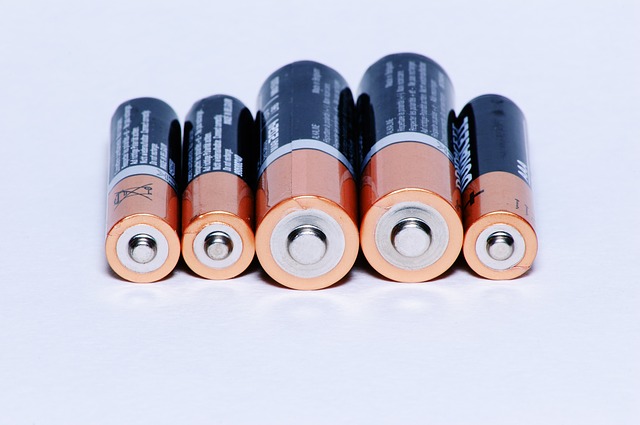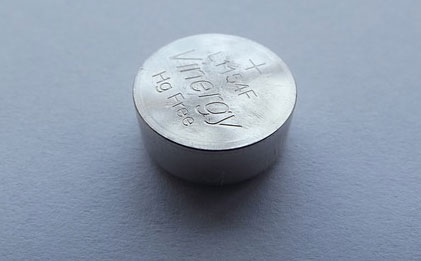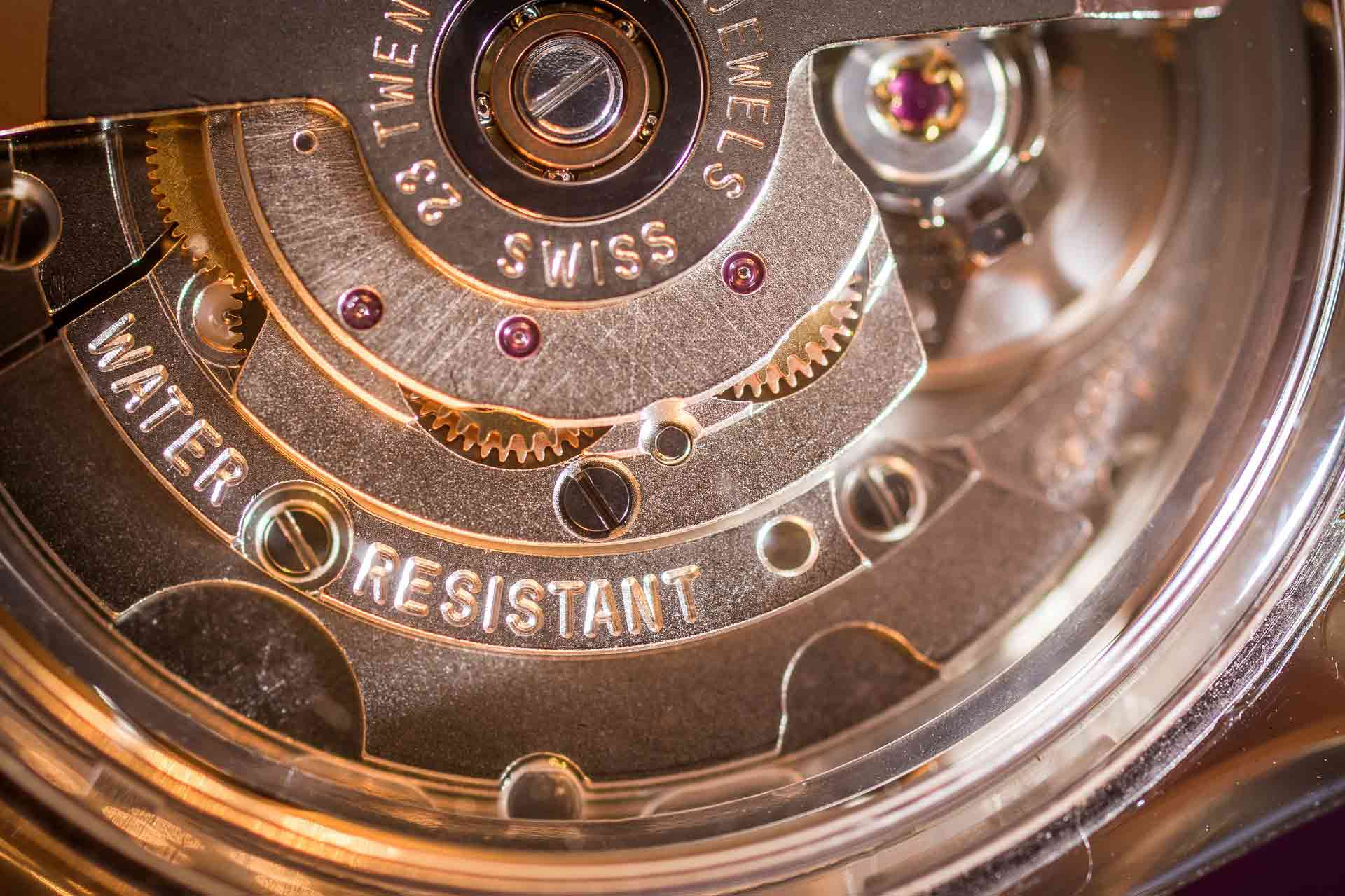Nowadays, when you take a look around, many people, young and old alike, wear wristwatches. The everlasting trend is nowadays an integral part of life. These faithful companions do not only tell the time, but they also serve as modern accessories and are well equipped with many useful technical features.
Functions of a wristwatch
The wristwatches of today cannot be compared to wristwatches of the past. Nowadays, they provide many more features than just the display of time. Modern wristwatches are equipped with fitness functions such as the monitoring of heart rate, steps or pulse. They are able to measure temperature and they can be used as an alarm clock and even save appointments. It seems that the possibilities are limitless – and at the same time, wristwatches come in a wide range of optical designs.




The majority of all wristwatches run with very small and delicate batteries, which cannot be compared to commercial batteries used for example in wall clocks. Generally, their battery life is very long, which is a great advantage since changing the batteries of a wristwatch is not the easiest thing to do. The best way to do this is to go to a watchmaker. If your watch stops working after some time, this does not necessarily mean that the clockwork is broken, it may only indicate that the battery has to be changed.
Some models can also be easily winded up and run automatically. Automatic watches are mechanical wristwatches, whose spring is wound up by the natural arm movements. It is not necessary to use the crown for winding up the clockwork. With proper care, mechanical watches can achieve a particularly long lifetime. The fact that no exchange of batteries is necessary also contributes to the long durability.

4 tips for wristwatches and a longer lifetime
- Correct setting of mechanical watches
It is gentler for the movement to set the clock clockwise and not counter-clockwise. Furthermore, it is better to first set the clock to 6:00, then set the correct date and finally set the current time.
- Beware of magnetic fields
Do not put the watches on a loudspeaker or on the fridge. Once your watch is electromagnetically charged, timekeeping will deviate from its linear path and show sudden strong deviations.
- What should your watch be protected from?
You had best keep your watch away from high humidity and strong sunlight. Storing your wristwatch in a dustproof box is well suited for this purpose. The watch should be removed before doing activities such as DIY work with a drill or any similar work.
- The watch and its use in water
As a rule of thumb, the wristwatch can be exposed to splash water when bearing an indication starting from 5 bar (50 metres), from 10 bar (100 metres) on it is suitable for water sports and only from 20 bar (200 metres) on the wristwatch is suitable for dives. The water-resistance of watches can decrease over time.

